Socializing is Hard!
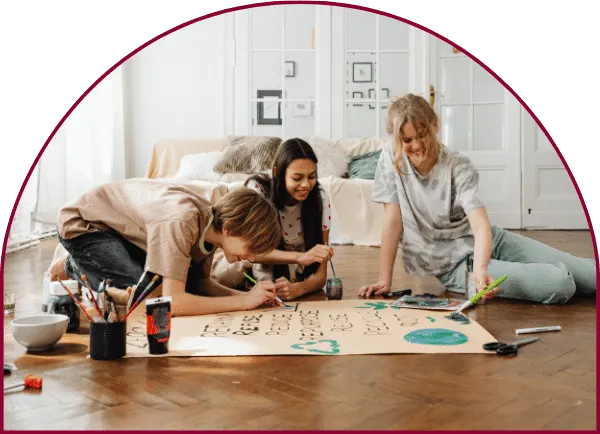
Socializing is especially hard for children struggling with:
Low Self Esteem
Poor Perspective Taking
Heightened Social Anxiety
Limited Emotional Coping Skills
(and more).
All Round Rock Groups are Currently Full, Please Scroll Down to Join the Waitlist and to Learn More About our Taylor Groups at TFT Clubhouse
Social Skills,
Re-imagined
Our mission is to be different, and better, than any social skills instruction available today.
Why?
Simple- people are told a hundred times a day how they should interact with their peers.
Kids (and adults) are told how they should handle bullying, how to talk to new people, and what they should do when they fight with a friend.
The painful social challenges that children are facing are typically not because they do not know what to do.
We have found that the secret to teaching our clients to develop meaningful relationships and feel successful in their social interactions is to focus on confidence, emotional maturity, and coping skills. All while providing a safe place for them to learn, fail, practice, and succeed.
Building Lasting Connections
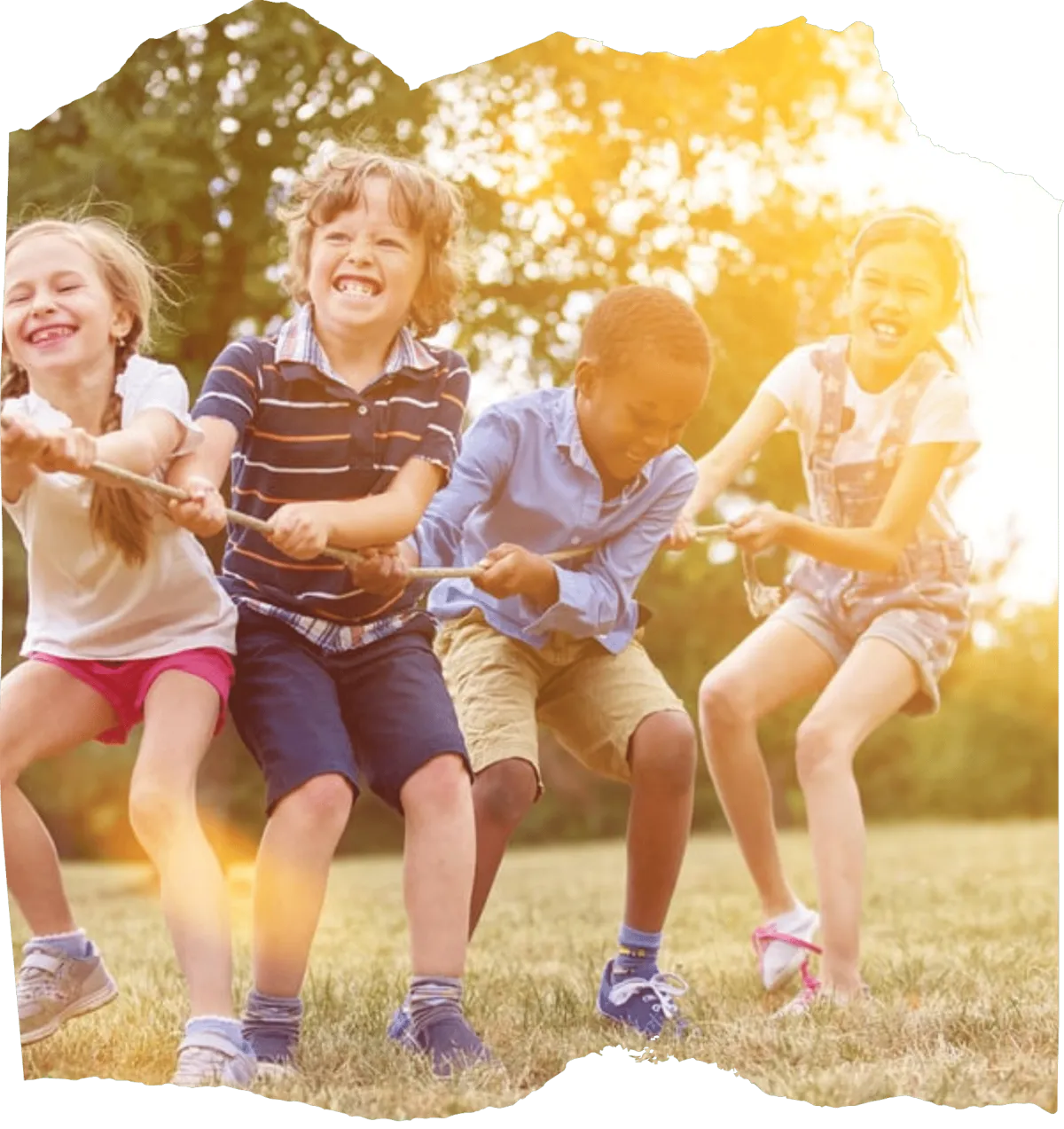
Confidence and emotional maturity are essential traits for navigating the complex landscape of social interactions.
When children are confident, they are more likely to approach others with ease and assertiveness.
Additionally, confident children are more likely to have a better sense of self-worth and are less likely to feel intimidated or overwhelmed by new social situations and have an easier time avoiding peer pressure.
Emotional maturity involves having the ability to recognize and regulate one's own emotions, as well as being able to empathize with others and understand their feelings.
Children who possess emotional maturity are better equipped to handle conflicts and disagreements, as they are able to communicate their own needs and desires in a constructive manner while being receptive to the needs of others.
Together, confidence and emotional maturity are a powerful combination of skills that help children build strong, lasting friendships that will serve them well throughout their lives.

How It Works
Application
Our promise to you is that your child will only be invited to join us if we know that we have a group that will best support their growth and areas of need. Once we receive your application, we will contact you for the next steps.
Individualized Assessment and Goals
Your child's goals are unique to them. Prior to official enrollment a social skills assessment will be conducted by a Board-Certified Behavior Analyst and/or a Speech and Language Pathologist. This will include a parent interview and an observation of your child. All findings and goals will be reviewed with you.
This process takes 45-60 minutes and is billed at the same rate as the weekly classes.
Evidence Based Curriculum
Our curriculum is created by a Board-Certified Behavior Analyst and combines hands on behavioral practice with psychology-based learning that supports your child's growth both in terms of concrete social skills and their emotional wellbeing.
Weekly Meetings
Weekly classes are 60 minutes and center on a specific goal. Classes features a lesson, an organized group activity, and supervised free time to practice new skills. Progress is monitored for every child and modifications are made as needed to best support their progress.
Session Schedules
and Locations
Locations
Round Rock Children's Therapy Center
503 E Palm Valley Blvd Suite 300
Round Rock, TX 78664
*We rent space in this location, our program is independent and not affiliated with their organization
Trauma Free Tree
109 E 8 St
Taylor, TX 76574
Schedule:
All Round Rock groups are held on Saturdays
Pre-k & Kindergarten- 9:30
Ist & 2nd grade - 9:15
3rd & 4th grade- 9:00
5th grade- 10:15
6th & 7th grade- 10:30
8th & 9th- 9:30
10th & 11th- 10:45
TAYLOR SCHEDULE TBD: Save your spot! Likely Wednesdays at 4:30
Frequently Asked Questions
Who Are These Groups For?
These groups are for both neurotypical and neurodivergent kids who benefit from extra support building friendships, navigating social dynamics, and connecting with peers. Our approach is neurodiversity-affirming and designed to celebrate and support different ways of thinking, communicating, and relating.
Participants should be able to communicate verbally or with an AAC device and join group activities with minimal to moderate adult support. If your child needs 1:1 support to participate or stay safe, they’re welcome to bring that with them.

How Long Is The Program and When Can We Start?
Classes happen weekly with a recommended minimum commitment of three-month. While lessons build on each other over time, each class has its own curriculum so participants can sign up and join at any point in the month.
Each class is 60 minutes.
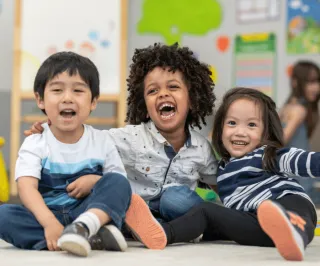
How Much Is The Program And Do You Take Insurance?
Classes are $70 per session and payment is collected weekly. We do not submit claims directly to insurance however if requested, you will be provided a superbill to submit for reimbursement from your insurance company. Reimbursement depends on your specific coverage and may require a diagnosis of autism or a related disorder.
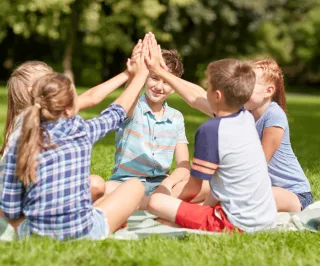
What Kinds Of Skills Are Taught?
Topics covered include, but are not limited to:
Social initiation
Effective Communication/ Advocating for self
Conflict Resolution
Conversation: responding to questions, asking for more information, maintaining conversation across a variety of topics
Perspective Taking
Flexibility
Game play: turn taking, sportsmanship
Responding to nonverbal social cues
Emotional Regulation
Independence
Self Confidence

Where Are You Located?
Round Rock Children’s Therapy Center
503 E Palm Valley Blvd Suite 300, Round Rock, TX 78664
Trauma Free Tree
109 E 8 St, Taylor, TX 76574
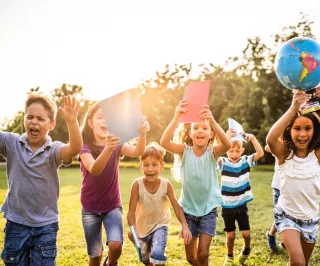
Sample Session Schedule
Arrival: greetings, free time (practice previously learned social skills)
Goal setting: introduce class topic, discussion about personal goals
Movement/ Grounding/ Sensory Exercise
Lesson 1: Group activity explaining topic, guided practice
Lesson 2: Peer led practice using new skills
Free time: Opportunity to practice new skill
Movement/ Grounding/ Sensory Exercise
Celebration: Recognition of strengths, goal setting for next week
